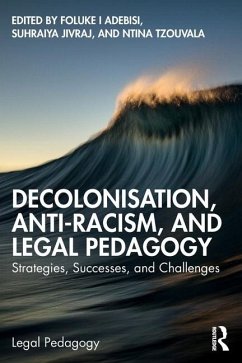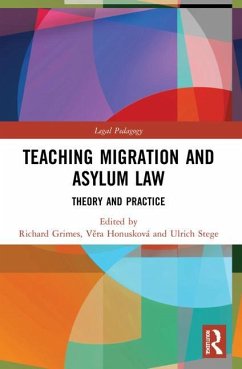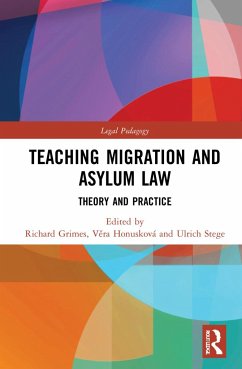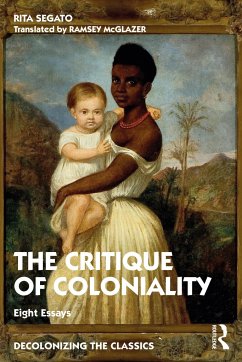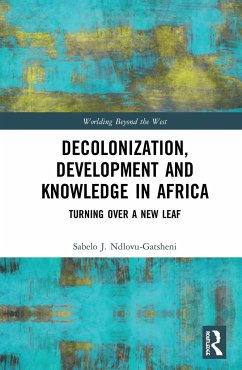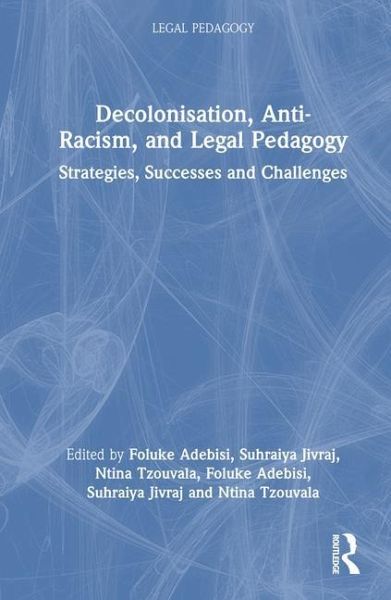
Decolonisation, Anti-Racism, and Legal Pedagogy
Strategies, Successes, and Challenges
Herausgegeben: Adebisi, Foluke I; Jivraj, Suhraiya; Tzouvala, Ntina

PAYBACK Punkte
77 °P sammeln!
This book offers an international breadth of historical and theoretical insights into recent efforts to "decolonise" legal education across the world.With a specific focus on post- and decolonial thought and anti-racist methods in pedagogy, this edited collection provides an accessible illustration of pedagogical innovation in teaching and learning law. Chapters cover civil and common law legal systems, incorporate cases from non-state Indigenous legal systems, and critically examine key topics such as decolonisation and anti-racism in criminology, colonialism and the British Empire, and court...
This book offers an international breadth of historical and theoretical insights into recent efforts to "decolonise" legal education across the world.
With a specific focus on post- and decolonial thought and anti-racist methods in pedagogy, this edited collection provides an accessible illustration of pedagogical innovation in teaching and learning law. Chapters cover civil and common law legal systems, incorporate cases from non-state Indigenous legal systems, and critically examine key topics such as decolonisation and anti-racism in criminology, colonialism and the British Empire, and court process and Indigenous justice. The book demonstrates how teaching can be modified and adapted to address long-standing injustice in the curriculum.
Offering a systematic collection of theoretical and practical examples of anti-racist and decolonial legal pedagogy, this volume will appeal to curriculum designers and law educators as well as to undergraduate and post-graduate level law teachers and researchers.
With a specific focus on post- and decolonial thought and anti-racist methods in pedagogy, this edited collection provides an accessible illustration of pedagogical innovation in teaching and learning law. Chapters cover civil and common law legal systems, incorporate cases from non-state Indigenous legal systems, and critically examine key topics such as decolonisation and anti-racism in criminology, colonialism and the British Empire, and court process and Indigenous justice. The book demonstrates how teaching can be modified and adapted to address long-standing injustice in the curriculum.
Offering a systematic collection of theoretical and practical examples of anti-racist and decolonial legal pedagogy, this volume will appeal to curriculum designers and law educators as well as to undergraduate and post-graduate level law teachers and researchers.





